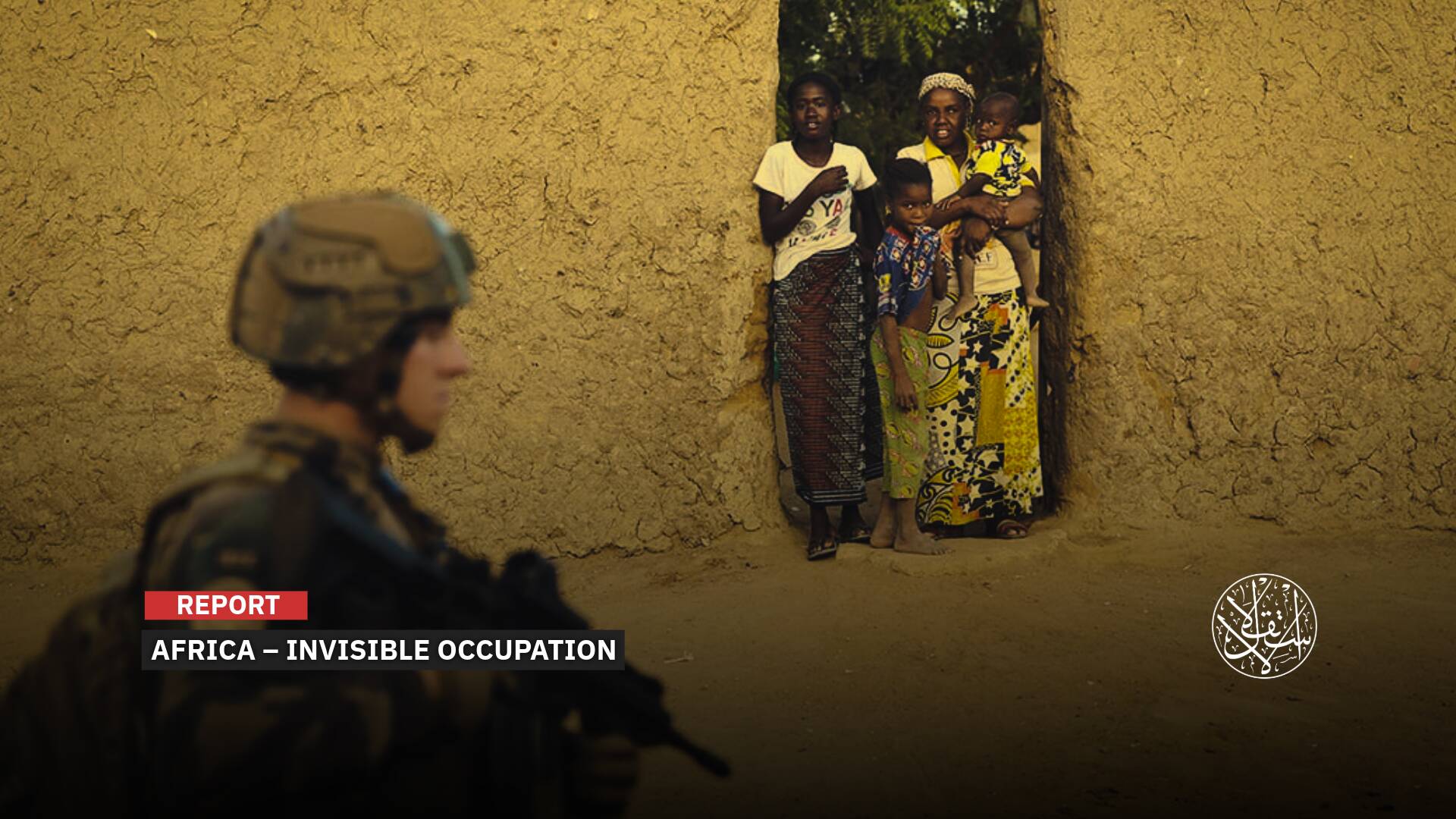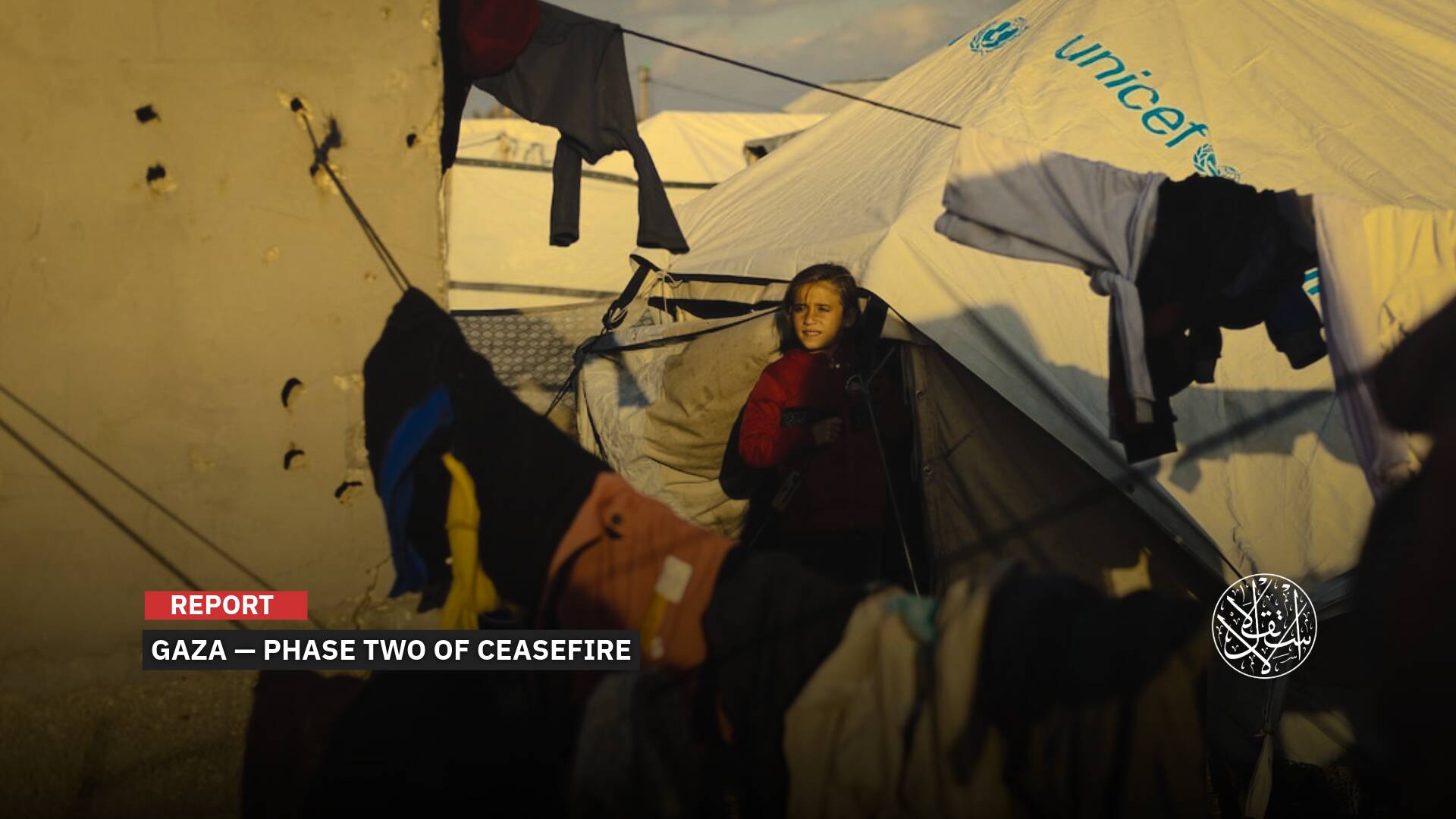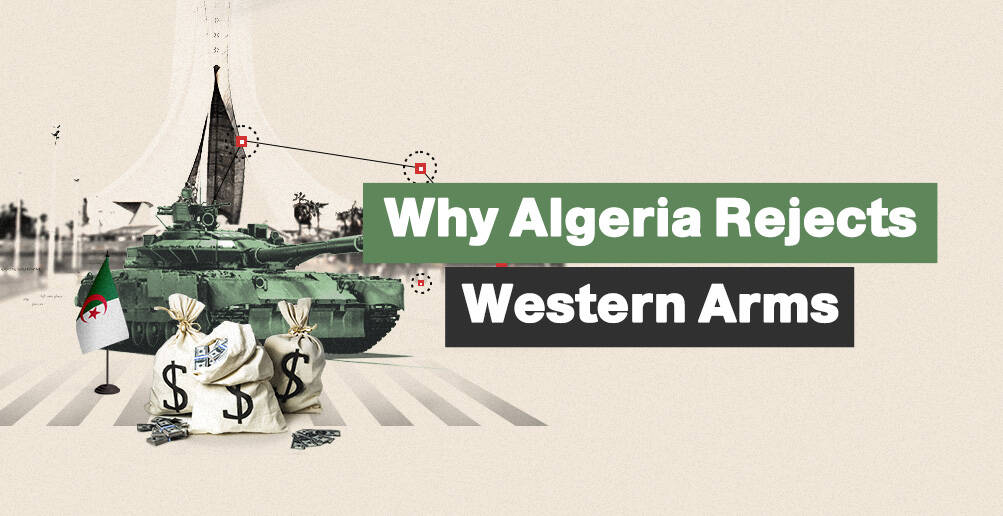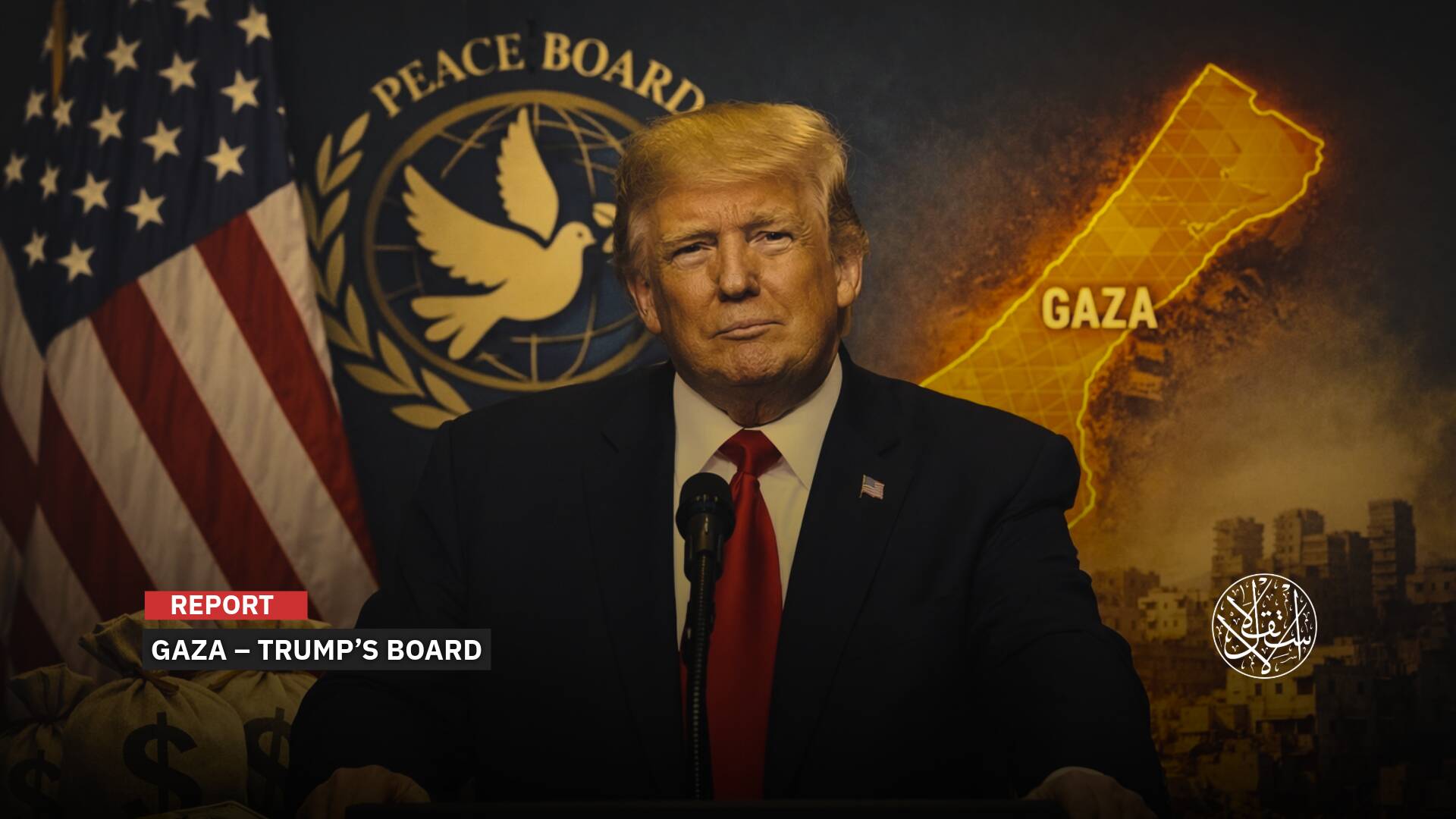Why Is the Iraq-Kuwait Border Dispute Back Just Before the Baghdad Summit?

The Iraqi president and Prime minister have both appealed the court’s decision.
As Baghdad prepares to host the 31st regular Arab League Summit on May 17, 2025, a long-standing maritime border dispute between Iraq and Kuwait has resurfaced, casting a shadow over the high-level diplomatic gathering and fueling political controversy in both countries.
The renewed tensions stem from a 2023 ruling by Iraq’s Supreme Federal Court that annulled the 2013 "Khor Abdullah" maritime agreement — a deal meant to demarcate naval boundaries and regulate navigation between the two neighbours. The court’s decision has reignited debate and drawn sharp responses from across the Gulf.
Speculation is mounting that Kuwait’s Emir, Mishal al-Ahmad al-Sabah, along with several Gulf leaders, may opt to skip the summit in a show of solidarity with Kuwait.
This comes on the heels of a strongly worded statement from the Gulf Cooperation Council (GCC), condemning Iraq's move and expressing full support for Kuwait’s sovereignty.

President and Prime Minister Appeal
The issue roared back into the spotlight after Iraqi President Abdul Latif Rashid and Prime Minister Mohammed Shia al-Sudani each filed separate appeals challenging the Supreme Federal Court’s decision to annul the maritime agreement.
The court has since postponed its ruling on the appeals until June 22—well after the Arab League summit concludes in Baghdad.
In their petitions, submitted on April 15, 2025, both Rashid and al-Sudani urged the court to reverse its earlier verdict and reconsider the 2013 agreement with Kuwait governing maritime navigation in the Khor Abdullah waterway.
Their move signals a rare alignment at the highest levels of Iraq’s leadership, as they seek to contain a growing diplomatic rift ahead of a high-stakes regional summit.
In his appeal, President Rashid argued that Iraq remains committed to “the principles of good neighbourliness, non-interference in the internal affairs of other states, and the peaceful resolution of disputes.”
President Rashid further emphasized that Baghdad’s foreign relations are grounded in mutual interest, reciprocity, and respect for international obligations.
Prime Minister al-Sudani noted that “a party to a treaty may not invoke the provisions of its internal law as justification for its failure to perform the treaty.”
He stressed Iraq’s duty to uphold its international commitments and to fully observe the principles of good neighbourly relations in all their dimensions.
The Supreme Federal Court initially postponed its review of the appeals to April 30, after having originally scheduled the session for April 22—marking the first in what may become a series of delays in the politically sensitive case.
The court later pushed the case back once again, rescheduling its deliberation on the Khor Abdullah dispute for June 22—well after the Arab League summit, which is set to convene in Baghdad on May 17.
In a move that raised eyebrows, the very day the court was originally slated to issue its ruling— April 22—Iraq’s Chief Justice, Faiq Zidan, arrived in Kuwait at the head of a high-level judicial delegation, prompting speculation over the timing and intent of the visit amid heightened diplomatic sensitivities.
According to a statement from Iraq’s judiciary, Chief Justice Faiq Zidan’s visit to Kuwait came at the invitation of his Kuwaiti counterpart, Justice Adel Bouresli, head of the Supreme Judicial Council and the Court of Cassation.
The trip, the statement noted, was aimed at “strengthening judicial and legal cooperation between the two countries.” However, neither side has issued any follow-up communique detailing the outcomes of the high-level talks.
Tensions over the maritime agreement trace back to September 4, 2023, when Iraq’s Supreme Federal Court ruled that Law No. 42 of 2013—ratifying the maritime navigation agreement between the Iraqi and Kuwaiti governments in the Khor Abdullah waterway—was unconstitutional.
The ruling effectively nullified the accord, reigniting a diplomatic fault line in the Gulf.
At the time, the court issued a brief statement explaining that it had ruled the law unconstitutional on the grounds that it violated Article 61, Section Four of the Iraqi Constitution, which requires that international treaties and agreements be ratified by a two-thirds majority of the Council of Representatives.
That same day, September 4, Iraqi MP Saud al-Saadi—representing the "Huqouq" bloc, affiliated with the Kataib Hezbollah militia—appeared in a video posted to his account on X, claiming victory in the lawsuit he had filed to annul the Khor Abdullah agreement with Kuwait.
Rising Controversy
In response, the Gulf Cooperation Council convened an extraordinary ministerial meeting on May 6 in Kuwait to address the escalating maritime boundary dispute.
The session was chaired by the Kuwaiti Foreign Minister Abdullah Ali al-Yahya and attended by foreign ministers from across the Gulf as well as GCC Secretary-General Jasem Albudaiwi.
In its closing statement, the Council underscored the “need for Iraq to respect the sovereignty and territorial integrity of the State of Kuwait,” urging full adherence to all international treaties and resolutions—most notably United Nations Security Council Resolution 833, issued in 1993.
The Council further stressed the urgent need to complete the maritime boundary demarcation beyond “Marker 162,” in accordance with international law and the 1982 United Nations Convention on the Law of the Sea.
It also called for full compliance with the work of the joint technical and legal committee tasked with resolving the issue.
The GCC firmly rejected any infringement on Kuwait’s sovereignty, declaring any challenge to its land, islands, or territorial waters as entirely unacceptable.
“Marker 162” refers to the maritime extension of the border that remains unresolved since the adoption of UN Security Council Resolution 833 in 1993.
The demarcation process stalled until 2013, when then-Prime Minister Nouri al-Maliki’s government signed a boundary agreement with Kuwait—an agreement now at the heart of the controversy.
Raed al-Maliki, a member of Iraq’s ruling Shiite Coordination Framework, stated that the Iraqi government’s recent appeal to the Supreme Federal Court—requesting a reversal of its ruling on the Khor Abdullah agreement—came only after what he described as “delays in implementing the original 2023 decision.”
Speaking in a video interview with Iraq’s Al-Mirbad Radio on April 23, al-Maliki emphasized that “the Federal Court’s decision to annul the agreement came in response to a lawsuit we filed. The court accepted the challenge and restored Iraq’s sovereignty over this vital waterway.”
He added that, amid a series of concessions aimed at appeasing Arab states ahead of the Baghdad summit, the Iraqi government was reportedly trying to placate Kuwait.
“We do not know whether Kuwait or other Gulf countries have conditioned their attendance on reinstating the Khor Abdullah agreement,” he said.
“This is unacceptable,” al-Maliki continued. “We do not want an Arab summit founded on such compromises. We call on the Iraqi people and political forces to stand firmly behind the Supreme Federal Court, which is facing intense political pressure to force it to reverse its previous ruling.”
In a related development, Iraqi MP Saud al-Saadi revealed information suggesting that Kuwait has made the Khor Abdullah area a condition for its attendance at the upcoming Arab League summit.
Speaking to Iraq’s Video News Agency on April 30, al-Saadi asserted that “Prime Minister Mohammed Shia al-Sudani and President Abdul Latif Rashid have no right to relinquish the rights of the Iraqi people.”
“Insider information from within the Supreme Federal Court clearly indicates that the court’s forthcoming decision will annul the agreement, affirming Iraq’s rightful claim to the Khor Abdullah port,” he added.

Hefty Bribes
As the dispute resurfaces, allegations have emerged accusing former Iraqi officials of treason and accepting hefty bribes from Kuwait in exchange for what critics describe as the “surrender and sale of Iraqi territory” to the neighbouring state.
Hamid al-Obaidi, a researcher specializing in Iraqi affairs, told Al-Estiklal on May 5 that “pressure from the Gulf states and Kuwait on Baghdad is very likely, tied to their desire to secure attendance at the Arab League summit. Recently, however, their efforts seem aimed either at sidelining an Iraq that is no longer the force it once was or at distancing it from Iranian influence.”
“The Supreme Federal Court is likely to reject the appeals against its ruling annulling the Khor Abdullah agreement, as any further decisions would be rendered meaningless. A reversal of its previous verdict would almost certainly be seen as succumbing to political pressure.”
“If the court refuses to reconsider, Kuwait may seek to internationalise the dispute—a scenario in which Iraq could face significant losses. This is partly because many of Iraq’s leaders and politicians, particularly within the Shiite bloc that has held power since 2003, remain preoccupied with political and sectarian mobilisation,” al-Obaidi stated.
On May 10, Iraqi citizens circulated photos and videos showing the Iraqi delegation that signed the maritime agreement in Kuwait, led at the time by then-Prime Minister Nouri al-Maliki.
The delegation also included Transport Minister Hadi al-Amiri, Foreign Minister Hoshyar Zebari, and Trade Minister Mohammed Shia al-Sudani—who is now Iraq’s current prime minister.
These figures have faced accusations from Iraqi activists of treason and selling off parts of Iraq in exchange for massive bribes reportedly amounting to $6 billion.
Among those implicated is former Transport Minister Hadi al-Amiri, now a leading figure in the Shiite Coordination Framework.
On May 2, 2025, activists reposted an old video featuring former governor of Basra, Judge Wael Abdul Latif, who alleged that the signing of the Khor Abdullah agreement with Kuwait was secured in return for a staggering $6 billion.
He claimed that these funds “went to Hadi al-Amiri at the Ministry of Transport, alongside gold swords that were delivered to the Iraqi Foreign Ministry building for Minister Hoshyar Zebari.”
The current crisis between the two countries is far from recent, tracing back to 2011 when Kuwait began constructing the Mubarak Al-Kabeer port in the Gulf waters.
Iraq vehemently opposed the project, warning that it would significantly diminish its territorial waters in the Gulf and effectively kill the potential of the grand al-Faw port in Basra.
Iraqi officials and analysts argued that the port’s construction would effectively strangle Iraq’s sole maritime outlet, as it would extend Kuwait’s coastline to some 500 kilometres, while Iraq’s coastline would be limited to just 50 kilometres.
Amid growing competition between the two countries to develop ports in the region, Kuwait laid the cornerstone for the Mubarak al-Kabeer port in April 2011 on Bubiyan Island, located in the far northwest of the Gulf.
Bubiyan is the second-largest island in the Gulf, spanning 890 square kilometres, trailing only Iran’s Qeshm Island in size.
At the time, Kuwait described the $1 billion port project as a strategic effort to transform the country into a major regional transport hub and a global financial and commercial centre.
According to Kuwait’s al-Anba newspaper on January 24, 2025, the port is scheduled for completion by the end of 2026.
Meanwhile, Iraq laid the foundation for the grand al-Faw port in 2010, with completion expected by the end of 2025.
This timeline was confirmed by Farhan al-Fartousi, the director-general of the Iraqi Ports Company, on April 20.
Sources
- Zaidan in Kuwait on the Eve of Iraqi Supreme Court’s Postponement of Return to the Khor Abdullah Agreement [Arabic]
- Iraq Cancels Navigation Agreement with Kuwait as Gulf States and the U.S. Monitor Closely — What’s the Story? [Arabic]
- Serious Repercussions — Why Did Iraq Annul the Khor Abdullah Maritime Agreement with Kuwait? [Arabic]
- President and Prime Minister Appeal Against the Federal Court’s Decision on the Khor Abdullah Agreement [Arabic]
- MP Raed al-Maliki: We Will Not Accept a Second Safwan Camp and Reject Holding the Arab Summit Based on Concessions [Arabic]
- Al-Saadi to ‘Video’: Kuwait Conditioned Its Attendance at the Arab Summit on Being Granted Khor Abdullah [Arabic]
- Ports Set Timeline for Completion of Al-Faw Projects and Contracting with Operating Partner [Arabic]
- Mubarak Al-Kabeer Port to Be Ready by Year-End 2026 [Arabic]
- "Strongly Worded Message" — Gulf Cooperation Council Issues Statement on Maritime Border Demarcation Between Iraq and Kuwait [Arabic]









